Medical Research Society Awardees
The Medical Research Society was created in 2014 by a group of community donors to support biomedical research at Toledo. Seed funding from the society has helped provide early data to leverage major grants from nonprofits and federal funding agencies.
Medical Research Society Awardees & Their Projects
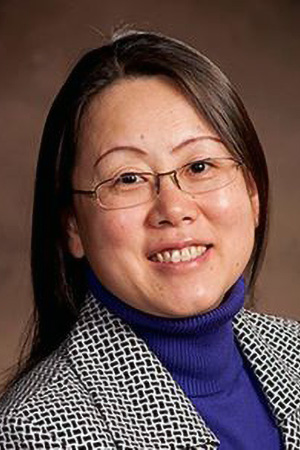
2024
Xiaohong Li, Ph.D.
Associate Professor
Department of Cell and Cancer Biology
Project: Novel selective allosteric modulators of PTHrP/PTH receptor to inhibit prostate cancer metastasis
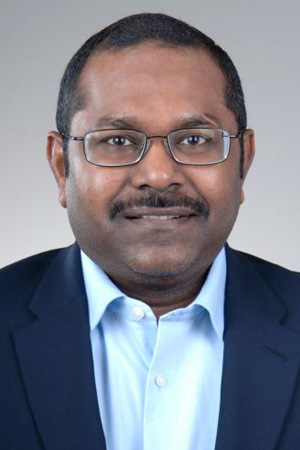
2024
Srinivas V. Saladi, Ph.D.
Assistant Professor
Department of Cell and Cancer Biology
Project: Transcriptomic and chemical approaches to elucidate molecular signatures in melanoma metastasis
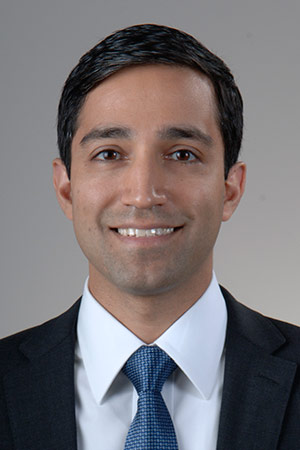
2023
Rajesh Gupta, M.D.
Project: The role of hemopexin, haptoglobin, and cell-free hemoglobin in cardio surgery-associated acute kidney injury
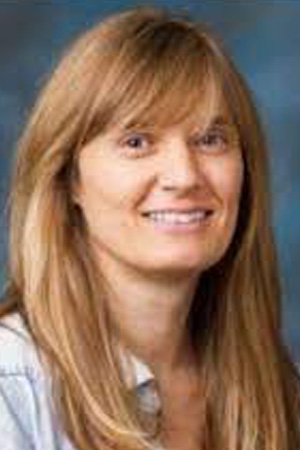
2023
Jasenka Zubcevic, Ph.D.
Project: Microbiota and gut-vagal sensory signaling in mild cognitive impairment and vascular dementia
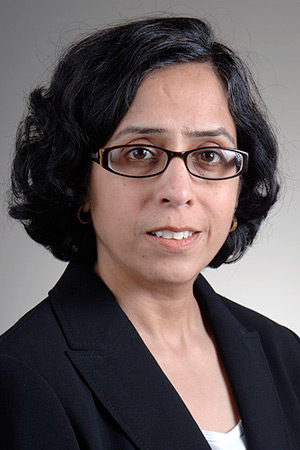
2022
Ritu Chakravarti, Ph.D.
Focus in Rheumatoid Arthritis
Dr. Ritu Chakravarti was approved for the project titled “Prevention and Cure of Rheumatoid Arthritis.”
The seed funding from the Medical Research Society will support studies to understand how an experimental vaccine prevents rheumatoid arthritis in animals. These studies will set the foundation for designing better therapeutics for treating rheumatoid arthritis.
“Our long-term goal is to design better vaccines and therapies for treating rheumatoid arthritis in humans. We are thankful to the Medical Research Society for supporting our studies.”
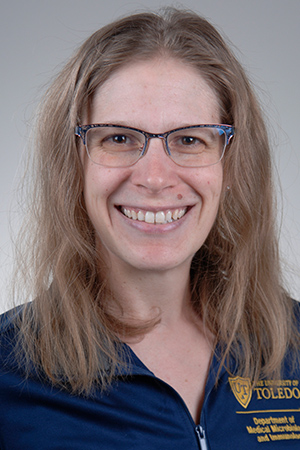
2022
Leah Wuescher, Ph.D.
Focus in Tendinopathy
The average age of the population is increasing, and with that is the risk of tendon
injury and tendinopathy. These types of injuries do not heal well because tendons
do not have good blood circulation and do not have a high density of cells to help
rebuild the tissue. Therefore, after intervention, the patient is left with significant
pain and the repaired tissue never returns to its pre-injury condition.
“The funds from the Medical Research Society will go towards advancing my research
into the role platelets play in helping poorly vascularized tissues heal. We aim to
study methods to improve the tendon’s ability to heal after injury using our patented
artificial computer-controlled bioreactor.”
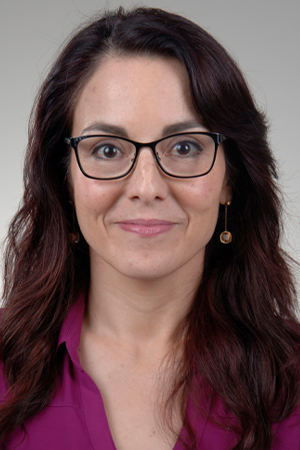
2021
Viviana P. Ferreira, D.V.M., Ph.D.
Focus in Inflammatory Disease
Dr. Viviana P. Ferreira was approved for the project titled: "Understanding how the immune system contributes to inflammatory diseases."
The seed funding from the Medical Research Society will help to study novel aspects of regulation of the complement system. The research topic centers on understanding how an essential positive regulator of the complement system, properdin (P), is involved in the pathogenesis of complement-mediated inflammatory diseases. Properdin's job is to make the immune system's inflammatory processes efficient; however, sometimes properdin's activity is so effective that it can lead to excessive inflammation. Inflammation is a process that is necessary but can be dangerous when excessive.
We aim to know if properdin does its' job differently during disease, as compared to within a healthy body. This novel question will be addressed using an innovative assay, designed in my laboratory, that measures P function in biological samples, in proportion to the types of P oligomers present in the sample, and determine associations between P concentration and function, complement markers, and clinical parameters in rheumatoid and osteoarthritis.
"I am honored and very grateful that the Medical Research Society has entrusted me with this donation to advance research in how complement contributes to inflammation."
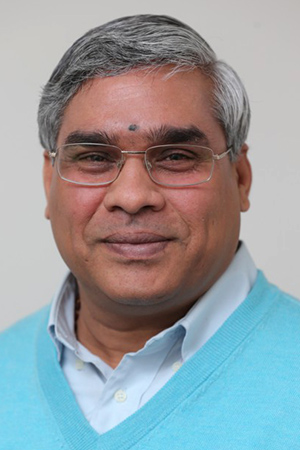
2021
Dayanidhi Raman, Ph.D.
Focus in Breast Cancer
Dr. Dayanidhi Raman was approved for the project titled: "Targeting elF4A1 in drug-resistant breast cancer stem-like cells." The R01 grant proposal deals with tackling drug resistance problem in triple-negative breast cancer (TNBC) faced in the clinic. Our approach involves targeting eIF4A1 in these BCSCs in the TNBC tumor to overcome therapy resistance using a combination of chemotherapy and immunotherapy.
"The money from Medical Research Society (MRS) will be of immense help in acquiring some of the necessary bioinformatics data and / or assessing the levels of protein players proposed in the grant from clinical TNBC samples that are therapy-naïve and drug-resistant."
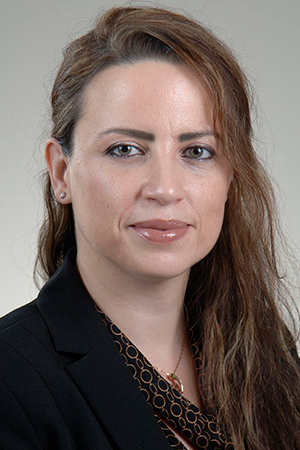
2020
Ellisar Andari, Ph.D.
Focus in COVID-19
Her project is titled the: "Adjunctive Therapeutic Potential of Oxytocin for COVID-19 (OxyCovid project)." Her idea was to test whether oxytocin, a non-steroid hormone known for its role in sociality and attachment, can reduce hyper-inflammation and boost T-cell counts to help the body fight off COVID-19.
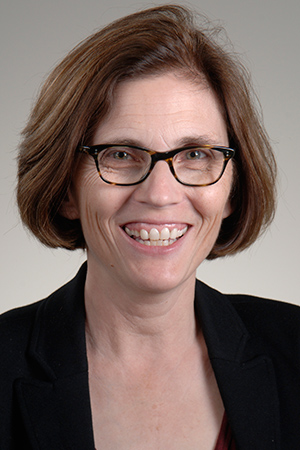
2020
Cheryl McCullumsmith, M.D., Ph.D.
Focus in Covid-19
Her project is titled: "Fluoxetine to Reduce Intubation and Death After COVID-19 infection (FRIDA COVID-19)." The idea is to investigate whether fluoxetine, a commonly prescribed antidepressant, might be a novel treatment able to prevent serious complications from COVID-19. The drug, sold under the brand name Prozac, has previously been shown to block expression of a cell-signaling protein called Interleukin-6 that can trigger an overwhelming immune response called a cytokine storm. In COVID-19, cytokine storms can prove fatal.
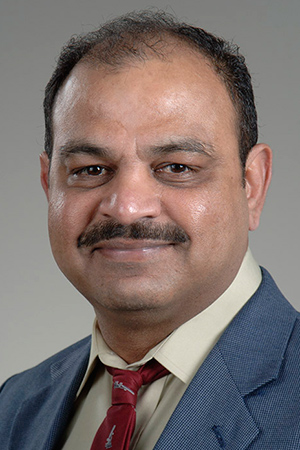
2020
Matam Vijay-Kumar, Ph.D.
Focus in Covid-19
His project is:"Harnessing innate immunity to eliminate SARS-CoV-2 and ameliorate COVID-19 disease." Dr. Matam Vijay-Kumar is investigating flagellin — a bacterial component previously shown to eliminate viral infection — as a possible way to harness innate immune responses to fight the novel coronavirus that causes COVID-19. His project is also aimed at identifying biomarkers that can help clinicians diagnose the early and late-stage biomarkers.
"I sincerely thank the members of the MRS for believing in our proposal."
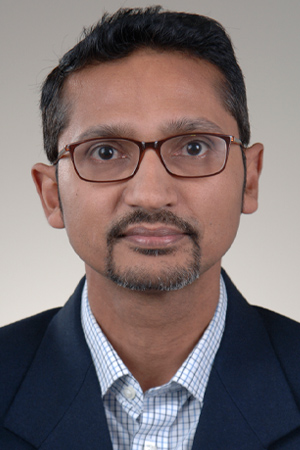
2019
Saurabh Chattopadhyay, Ph.D.
Focus in Respiratory Illness
Medical Research Society grant supported his project called: "InnateAntiviral drugs against respiratory virus infection." Chattopadhyay laboratory is interested in studying how the interferon system protects against virus infection. The ongoing projects involve the finer details of both the transcriptional and non-transcriptional pathways.
"We made significant progress in our understanding of how the body fights against respiratory virus infection. Focusing on a single cellular factor, our team is uncovering new ways the body fights against the virus infection and inflammatory response."
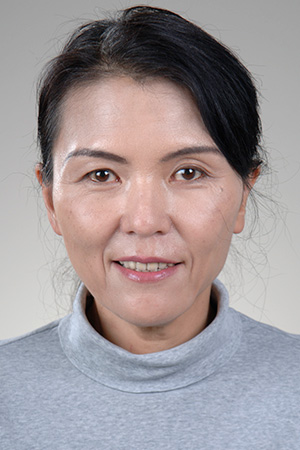
2018
Saori Furuta, Ph.D.
Focus in Cancer Biology
The name of her supported project is:"Role of Reduced Nitric Oxide in Formation of Early-Stage Breast Lesions."
"Over 300,000 new cases of breast cancer are diagnosed in the U.S. each year, affecting 1 in 8 women in their lifetime. Despite the recent advances in diagnostic tools, breast cancer mortality rate has only declined slowly, justifying the urgent need for a better diagnostic marker and treatment modality. My long-term research interest is to investigate how aberrant arginine metabolism influences different components of tissue/tumor microenvironment, and how such havoc leads to carcinogenesis, drug resistance and immunosuppression."
Learn more
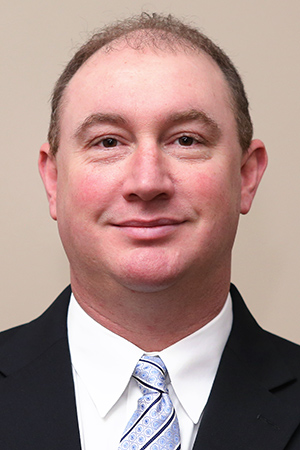
2018
Terry Hinds, Ph.D.
Focus in Fatty Liver Disease
His project is titled: "Obesity Induced Diabetes."
"Our lab seeks to understand the molecular mechanisms involved in fatty liver disease and insulin-resistant diabetes, and how reversing these prevents cardiovascular disease. We are particularly interested in pathways regulating bilirubin production that is dysfunctional in liver disease and insulin-resistant diabetes."
"Recently, we discovered an unexpected role for bilirubin as a ligand for the PPARalpha nuclear receptor, which attenuates metabolic diseases. We have developed and patented bilirubin nanoparticles that prevent diabetes, fatty liver, obesity, and cardiovascular disease. Our goal is to bring the bilirubin nanoparticles to the clinics and help millions of people suffering from fatty liver and insulin resistance."
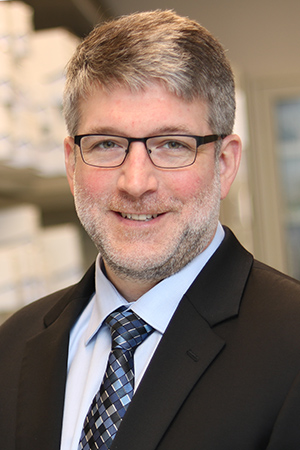
2017
Steven Haller, Ph.D.
Focus In Kidney Disease
Project is titled: "Development of a Novel Therapy for the Treatment of Kidney Disease.".
We have developed a therapeutic peptide that inhibits adverse inflammatory signaling in human kidney cells, which could serve as a potential therapy for kidney disease.
"The overall goal of my laboratory is to interrogate the molecular mechanisms leading to the development and progression of end stage renal disease. We are focusing our efforts on the mechanisms by which activation of the CD40 receptor within the kidney leads to progressive inflammation and fibrosis with the goal of providing a therapeutic approach to inhibit the development of end stage renal disease."
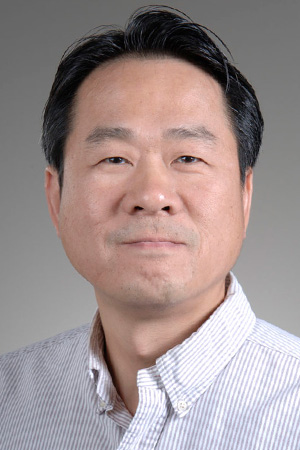
2016
Joshua Park, Ph.D.
Focus In Alzheimer's Disease
Project is titled: "Investigation on how a common food additive could reverse brain cell damage caused by Alzheimer's disease."
Dr. Joshua Park is a scientific review officer in the Clinical Sciences Section in The National Institute on Aging's (NIA) Scientific Review Branch. Prior to joining NIA, Dr. Park was an assistant professor in the Department of Neurosciences and the Center for Diabetes and Endocrine Disorders at the University of Toledo College of Medicine. The focus of his research was on Alzheimer's disease, pituitary biology, and bone disorders. He has developed potential therapeutic agents for neurodegenerative diseases and bone fractures (injectable bone device) that were patented by the Patent Cooperation Treaty (PCT).
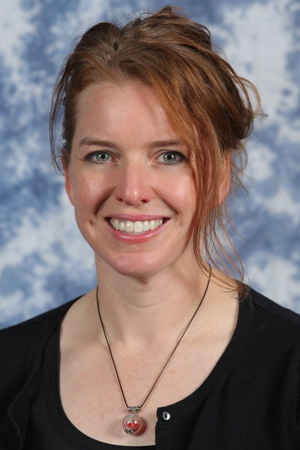
2015
Kathryn Eisenmann, Ph.D.
Focus In Ovarian Cancer
Project is titled: "Development of drug that will allow cancer-fighting treatments to more effectively penetrate tumor cells."
The University of Toledo Medical Research Society is awarded its first grant to Kathryn Eisenmann, a professor working to develop a life-saving ovarian cancer treatment.Her research is directed to developing a drug that will allow cancer-fighting treatments to penetrate tumor cells more effectively.
"Many anti-cancer drugs work poorly because they do not penetrate tumors. Tumor cells are packed so tightly that drugs cannot easily pass through these cells," Eisenmann said. "My research is going to look at a new drug that blocks tumor cells from binding so tightly together. If successful, combining this new drug with current drugs used to treat ovarian cancer will allow more of the cancer-fighting drugs to enter the tumor and kill the tumor."
"I am so thankful to receive this funding because it is a highly innovative idea that could lead to novel therapies for this deadly disease," Eisenmann said.


